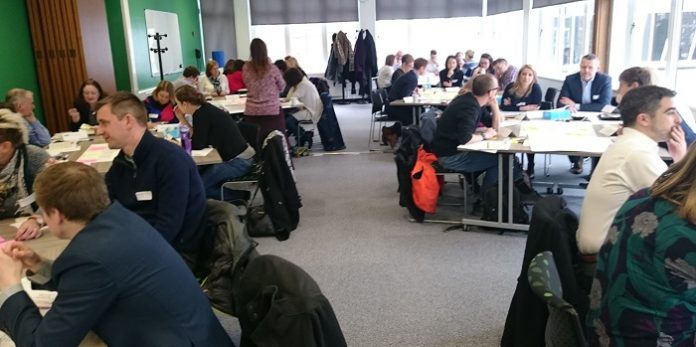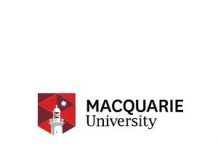Cutting through the jargon and putting people at the centre of process improvement were two key themes of this month’s LEAN HE Hub Seminar at the University of Manchester. Paul Oates reflects on some of the lessons from the day.
The University of Manchester’s Change Management and Process Improvement (CMPI) team recently hosted the latest in the series of LEAN HE Hub Seminars.
The theme of ‘Overcoming Barriers to LEAN Change in HE’ is one that continues to resonate in the HE community, demonstrated by the broad attendance from more than 30 UK institutions and even some colleagues from Canada and Norway.
All of these institutions face similar challenges in responding to the changing environment in the sector despite their varying sizes, structures and degrees of research and teaching intensity. The LEAN HE Hub promotes LEAN tools and techniques that we can use to help re-shape our response to these changing needs.
LEAN is a management practice that seeks to focus on understanding what customers want and on designing a system – people, tools and process – to deliver it. Whilst it is a widely used strategy in areas from manufacturing to healthcare, it is one that sometimes suffers from an overuse of jargon which can lead to resistance to engaging with it in our sector.
Resistance
The team firstly wanted to explore some of the factors that lead to this resistance and Cath Dyson led the first session where colleagues shared some of the areas they felt inhibited LEAN change in HE. Despite the range of institutions attending there were many common themes. These included, organisational culture, people, engagement, leadership, lack of a structured methodology and lack of integrated organisational approach to change. It was suggested that future seminars or workshops could focus on developing strategies to overcome these challenges.
It is recognised that although LEAN is widely used, we need to adapt it to the environment that is being applied in – it could be said that this is a LEAN strategy in itself. The CMPI team wanted to use the session to generate ideas on how we could adapt LEAN in our environment. The activity was facilitated by Erin Baggaley who proposed developing a ‘LEAN HE Thesaurus,’ detailing alternative phrasing for some of the LEAN jargon and other simpler concepts that might help colleagues use the principles in the future. A range of alternative definitions were developed. Some sought to clarify the meaning of the Japanese terms commonly used in LEAN. For example:
- Yokoten – Communicating learning and Knowledge sharing
- Hansei – Learning from our mistakes in a ‘no blame’ culture
Others were more common terms that sometimes present issues when used in the HE context such as:
- Customers could be academic, student, manager or applicant and should be referred to in this way.
- Waste is simply an improvement opportunity.
A full list of these will be published on the LEAN HE Hub website.
People and processes
The event concluded with a presentation from Dr Tim Westlake, director for student experience at the University of Manchester. Tim felt that as LEAN practitioners, we often focus too much on ‘process’ and reminded us that effective LEAN implementation requires effort in defining purpose and developing people. He used the example of the work that the University of Manchester has done in re-centring its activities around students; developing an adult to adult relationship with them that treats them as individuals, with the result of improved satisfaction measured by the NSS.
Reflecting on the afternoon, Edinburgh Napier’s Steve Yorkstone highlighted the continuing need for personal and collective leadership in continuing the challenge of developing LEAN practice in our HE institutions.
Paul Oates is a project manager at the University of Manchester. For more information on LEAN in higher education, please see the LEAN HE Hub website.








